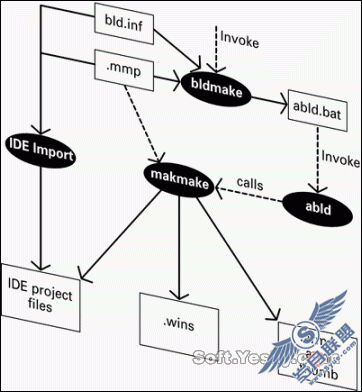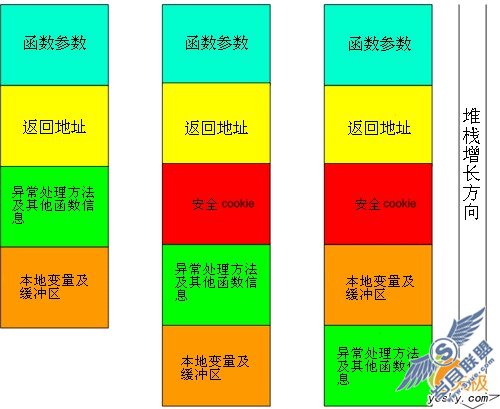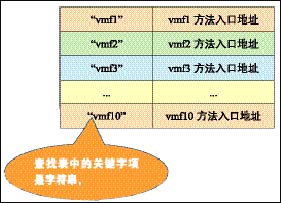杭电1081——to the max(动态规划和暴力法解)
To The Max
Problem Description
Given a two-dimensional array of positive and negative integers, a sub-rectangle is any contiguous sub-array of size 1 x 1 or greater located within the whole array. The sum of a rectangle is the sum of all the elements in that rectangle. In this problem the sub-rectangle with the largest sum is referred to as the maximal sub-rectangle.
As an example, the maximal sub-rectangle of the array:
0 -2 -7 0
9 2 -6 2
-4 1 -4 1
-1 8 0 -2
is in the lower left corner:
9 2
-4 1
-1 8
and has a sum of 15.
Input
The input consists of an N x N array of integers. The input begins with a single positive integer N on a line by itself, indicating the size of the square two-dimensional array. This is followed by N 2 integers separated by whitespace (spaces and newlines). These are the N 2 integers of the array, presented in row-major order. That is, all numbers in the first row, left to right, then all numbers in the second row, left to right, etc. N may be as large as 100. The numbers in the array will be in the range [-127,127].
Output
Output the sum of the maximal sub-rectangle.
Sample Input
4
0 -2 -7 0 9 2 -6 2
-4 1 -4 1 -1
8 0 -2
Sample Output
15
题目我起先用暴力法来解答,不过,通不过,超时,后来参考了一下别人的思想吧!没想到这道题还可以用动归的方法解答,很吃惊啊!
代码如下:
[cpp]
//这个程序可以求出m*n的矩阵某一块的最大值
//这种搜索算法没有错误!但是超时,因此还要进一步优化算法!
//这道题的题意说的比较模糊,题目里没有说要多个测试数据,弄得我只处理了一次,导致老是错误,又找不到问题所在!
/*
#include<iostream>
#include<cstdio>
using namespace std;
const int MAX=10010;
int arr[MAX];
int main()
{
int s,max=-200;
int we=0;
int m,n;
while(scanf("%d",&arr[0])!=EOF)
{
//cin>>arr[0];//输入方阵的维数
m=n=arr[0];
for(int i=1;i<=arr[0]*arr[0];i++)
cin>>arr[i];
for(int i=1;i<=m;i++)
for(int j=1;j<=n;j++)//这里是表示块数的大小,i*j
for(int p=1;m-p>=i-1 ;p++)
for(int q=1;n-q>=j-1 ;q++)//搜索路线,自上而下,自左向右
{
int cur=p+m*(q-1);
int count=0;
int temp=cur;
int temp1=1;
s=0;
//cout<<"第"<<we<<"次搜索: "<<endl;
//cout<<"起点是 行数"<<p<<","<<"列数"<<q<<endl;
//cout<<"p="<<p<<",n="<<n<<endl;
for(int k=1;k<=i*j;k++)
{
//cout<<arr[temp]<<" ";
s=s+arr[temp];
count++;
temp++;
if(count>=i)
{
temp=cur+temp1*m;
temp1++;
count=0;
}
}
//cout<<endl;
//we++;
if(s>max)
max=s;
}
cout<<max<<endl;
//system("pause");
}
return 0;
}
*/
#include<iostream>
#include<cstdio>
using namespace std;
int arr[101][101];
int sum[101],dp[101];
int main()
{
int i,j,k,p,n;
while(scanf("%d",&n)!=EOF)
{
int max=-200;
memset(sum,0,sizeof(sum));
memset(dp,0,sizeof(dp));
for(i=0;i<n;i++)
for(j=0;j<n;j++)
cin>>arr[i][j];
//很难想到,这居然是一道动态规划题
//1、最大子字段和
/*
题目可以转化为两个子问题:
1,给定n个整数(可能为负数)组成的序列a[1],a[2],a[3],…,a[n],求该序列如a+a+…+a[j]的子段和的最大值。当所给的整均为负数时定义子段和为0,依此定义,所求的最优值为Max{0,a+a+…+a[j]},1<=i<=j<=n
我们把b[j]理解为从前面某项开始包含a[j](a[j]为最后一个元素)的连续的段的和最大值,易知,开始的a[i]必定为正数!
记b[j]=max(a+..+a[j-1]+a[j]),其中1<=i<=j,并且1<=j<=n,需要明确的一点是b[j]的值必须包含a[j]。则所求的最大子段和为max{b[j]},1<=j<=n。
由b[j]的定义可易知,当b[j-1]>0时(即前面的段加上a[j]这一段值会更大,自然把a[j]这一段接上)b[j]=b[j-1]+a[j],否则(由于前面的段为负值,加上a[j],会使值变小,这样的话,我们将前面的段去掉,a[j]即是最大值)b[j]=a[j]。故b[j]的动态规划递归式为 b[j]=max(b[j-1]+a[j],a[j]),1<=j<=n。
2、最大子矩阵和
矩阵是二维的,将其压缩成一维就可以用上面的方法求出最大子矩阵和了
即将一层层的数相加,压缩成一维的即可,我们遍历所有的压缩可能,就可以通过上面的方法,求出最大值!
*/
for(i=0;i<n;i++)
{
memset(sum,0,sizeof(sum));
for(k=i;k<n;k++)
{
for(j=0;j<n;j++)
sum[j]=arr[k][j]+sum[j];
dp[0]=sum[0];
for(p=1;p<n;p++)
{
if (dp[p-1]>0) dp[p]=dp[p-1]+sum[p];
else dp[p]=sum[p];
if (dp[p]>max) max=dp[p];
/*
if(dp[p-1]+sum[p]>sum[p])
dp[p]=dp[p-1]+sum[p];
else
dp[p]=dp[p-1];
if(dp[p]>max) max=dp[p];
*/
}
}
}
cout<<max<<endl;
//system("pause");
}
return 0;
}




